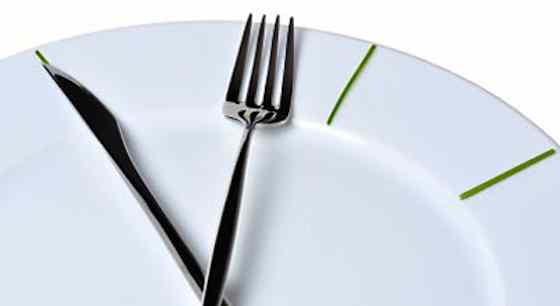- MENU
- HOME
- SEARCH
- WORLD
- MAIN
- AFRICA
- ASIA
- BALKANS
- EUROPE
- LATIN AMERICA
- MIDDLE EAST
- United Kingdom
- United States
- Argentina
- Australia
- Austria
- Benelux
- Brazil
- Canada
- China
- France
- Germany
- Greece
- Hungary
- India
- Indonesia
- Ireland
- Israel
- Italy
- Japan
- Korea
- Mexico
- New Zealand
- Pakistan
- Philippines
- Poland
- Russia
- South Africa
- Spain
- Taiwan
- Turkey
- USA
- BUSINESS
- WEALTH
- STOCKS
- TECH
- HEALTH
- LIFESTYLE
- ENTERTAINMENT
- SPORTS
- RSS
- iHaveNet.com
Stacey Colino

As they say, timing is everything, and that goes for nutrition as much as anything else. Whether you're heading to work,
going to the gym or simply getting ready for bed, "being strategic about what, when and how much you eat can make a big
difference in your energy and performance," says nutritionist Heidi Skolnik, co-author of
The Nutrient Timing for Peak Performance
and president of Nutrition Conditioning, a nutrition consulting practice in New York City.
Here's how you can make nutrient timing work for you at every part of your day.
1. You need plenty of energy for an early-morning run or spinning class.
Nutrient timing Solution: You might be tempted to roll out of bed, slip on your exercise clothes and get out the door. But having a slice of toast with jam, half a banana or some crackers -- in other words, 15-25 grams of carbohydrates 15-30 minutes before exercising -- "will give you the energy you need to work harder and perform at a higher level for longer," says Skolnik. "It also may help prevent some of that post-workout hunger that comes later in the day if you don't eat," she says.
2. You want to crank up your alertness for a midmorning brainstorming session at work.
Nutrient timing solution: Include some protein and complex carbs in your breakfast, advises registered dietitian Leslie Bonci, director of sports nutrition at the University of Pittsburgh Medical Center and author of The Active Calorie Diet. "Protein will stimulate the release of dopamine, which increases alertness," she explains. If it's been hours since breakfast, consider having a small serving of low-fat Greek yogurt or a cheese wedge and some fruit, along with some water, an hour before the meeting. A well-timed cup of coffee -- 30 minutes before the event -- can also boost alertness, says Bonci.
3. You need help avoiding a midafternoon energy slump.
Nutrient timing solution: Rule No. 1: "Don't have a huge meal for lunch and overload your stomach," says Bonci, because that will make you feel sleepy and sluggish. "Keep the volume down and add protein to increase alertness," she advises. Good lunch choices include: a salad with salmon or shrimp, some sushi, or a bean soup and a small salad.
4. You need sustainable energy for stop-and-go activities -- perhaps a tennis tournament or a marathon day of shopping.
Nutrient timing solution: Stick with healthy, well-balanced meals, as usual, and bring snacks and plenty of fluids to give yourself pick-me-ups during the event. "Figure out what your stomach can handle, and give yourself small amounts of carbs to refuel," says Skolnik. Some simple, easy options: A small bag of dry cereal or trail mix, a peanut butter and jelly sandwich cut into quarters, some pretzels or fig bars.
5. You're looking forward to a good night's sleep.
Nutrient timing solution: To put yourself in the mood to snooze, have a small serving of sorbet, a mini bowl of cereal or a few graham crackers or animal crackers with a glass of milk 60-90 minutes before turning in, says Bonci. "Go with something with carbohydrates to boost production of calming serotonin," she explains, and you'll set yourself up to feel sleepy.
Prone to Heartburn?
If so, you might want to skip the pre-bedtime snack. Even if you can handle a little nibble before bed -- and some people with heartburn can -- it's important to steer clear of large meals within three hours of bedtime. "The biggest issue is the amount of food you eat," says Bonci. "You want to allow enough time for the food to leave the stomach." It's also wise to avoid buttery, fried, creamy or other high-fat foods in the evening and to include protein in your light evening meal -- "it helps keep the lower esophageal sphincter closed," says Bonci.
So if you want to be at your best at work, in the gym or anywhere else, try using nutrient timing to your advantage. After all, says Skolnick, "It's not just what you eat; it's when you eat it."
WORLD | AFRICA | ASIA | EUROPE | LATIN AMERICA | MIDDLE EAST | UNITED STATES | ECONOMICS | EDUCATION | ENVIRONMENT | FOREIGN POLICY | POLITICS
Health - Nutrient Timing: When to Eat What for Maximum Nutrition